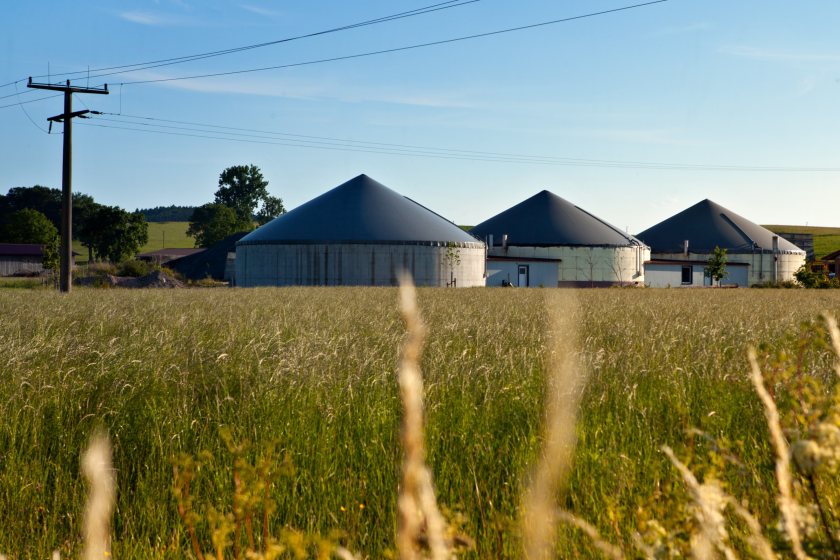
Farmers are being urged to act now to avoid a winter slurry crisis, as the Environment Agency warns of worsening weather extremes and storage shortfalls.
Despite current dry conditions – with rainfall in June 20% below the long-term average – the EA warns that extreme winter weather remains a significant risk.
Its new 'Winter Ready' campaign aims to offer farmers support in addressing slurry storage challenges ahead of what could be another difficult winter season.
To address slurry storage challenges, the agency is encouraging farmers to take steps, including having sufficient slurry storage to last through the winter period without needing to spread.
It advises having at least six months' worth of storage, helping to meet the Farming Rules for Water, which require spreading only according to crop and soil need.
Farmers should also cover slurry tanks, lagoons and pits, and use the summer months to carry out maintenance such as fixing drainage systems and clearing guttering.
This will help separate clean and dirty water, reducing the volume of slurry by limiting the amount of rainwater that mixes with it, the agency says.
Farmers are also being urged not to accept sludge, digestate or other materials unless there is an immediate need for them.
Even if bound by contract, producers and recipients alike are responsible for ensuring by-products and waste are managed and disposed of properly.
Nicola Riley, deputy director for agriculture at the Environment Agency, said recent Met Office research shows that weather extremes are now the norm in the UK with wetter winters and drier summers.
She said: "Currently the pressing issue of the impact of drought is at the front of minds and the Environment Agency is working closely with farmers and growers to help secure water this summer.
“It is important too that we look ahead to the wet weather we can expect towards the end of the year and we are helping farmers to get ready ahead of time by supplying guidance and practical solutions.
“We're urging farmers to start their preparations now, with the Environment Agency on hand to help farmers find the right solutions that work for them.”
The EA also reminds farmers to align slurry and fertiliser application with crop and soil need, particularly in the autumn and winter months, when spreading is rarely necessary and carries a higher risk of runoff and pollution.
To further support the sector, a range of grants is available through the Capital Grants scheme. These can help reduce slurry generation by funding infrastructure improvements, such as slurry store covers, roofing, concrete yards and better drainage.
